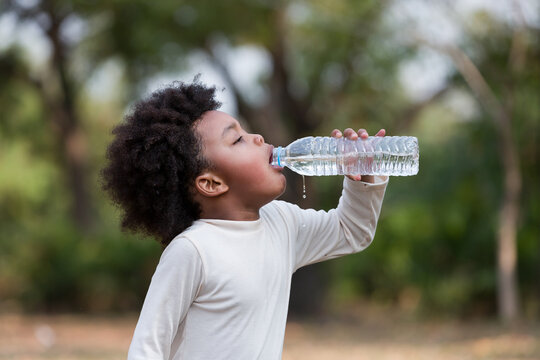- Empty cart.
- Continue Shopping
The Importance of Water Quality for Kids

Water is a fundamental element for sustaining life, and ensuring its quality is crucial, especially for children who are in critical stages of growth and development. We will explore why water quality is of paramount importance for kids’ health and overall well-being.
1. Vital for Growth and Development
– Cellular Function and Tissue Growth
Water is essential for carrying nutrients and oxygen to cells, vital for tissue growth and overall development, especially in growing children.
– Brain Development
Proper hydration supports cognitive function, concentration, and memory, all of which are crucial for a child’s learning and intellectual development.
2. Promotes a Healthy Immune System
– Detoxification and Waste Removal
Adequate water intake aids in flushing out toxins and waste products from the body, supporting a robust immune system.
– Prevents Dehydration-Related Illnesses
Proper hydration helps prevent conditions like urinary tract infections, constipation, and kidney stones, which can be more prevalent in children.
3. Optimal Physical Performance
– Energy Levels and Endurance
Well-hydrated children have more energy and stamina for physical activities, which are essential for their growth, muscle development, and overall fitness.
– Prevents Overheating
Proper hydration helps regulate body temperature during physical exertion, reducing the risk of heat-related illnesses.
4. Maintains Healthy Body Weight
– Appetite Regulation
Water can help regulate appetite and prevent overeating, contributing to healthy eating habits and weight management.
– Hydration vs. Sugary Drinks
Encouraging water consumption over sugary drinks helps prevent excessive calorie intake, reducing the risk of childhood obesity.
5. Cognitive Function and Mental Health
– Concentration and Focus
Being properly hydrated supports optimal brain function, improving a child’s ability to concentrate and learn effectively.
– Mood Regulation
Adequate hydration can positively influence mood, reducing irritability and promoting a more balanced emotional state.
6. Ensures Proper Nutrient Absorption
– Transport of Nutrients
Water aids in the digestion and absorption of essential nutrients, ensuring that children receive the full benefits of a nutritious diet.
– Aids in Nutrient Metabolism
Many essential vitamins and minerals require water for their metabolism and utilization in the body.
7. Promotes Hygiene and Oral Health
– Dental Health
Drinking water helps rinse the mouth, reducing the risk of cavities and promoting good oral hygiene.
– Skin Health
Proper hydration contributes to healthy, moisturized skin, reducing the risk of skin-related issues.
8. Safety from Contaminants
– Purification from Harmful Substances
Ensuring the quality of water protects children from potential contaminants, safeguarding their health and well-being.
– Preventing Waterborne Diseases
Access to clean, safe water helps prevent waterborne illnesses that can have serious health consequences for children.
Conclusion
Water quality is a critical factor in safeguarding the health and well-being of children. By prioritizing clean, safe drinking water, we provide the foundation for their growth, development, and overall thriving. It is our collective responsibility to ensure that children have access to the best possible water quality for a healthy, happy future.








